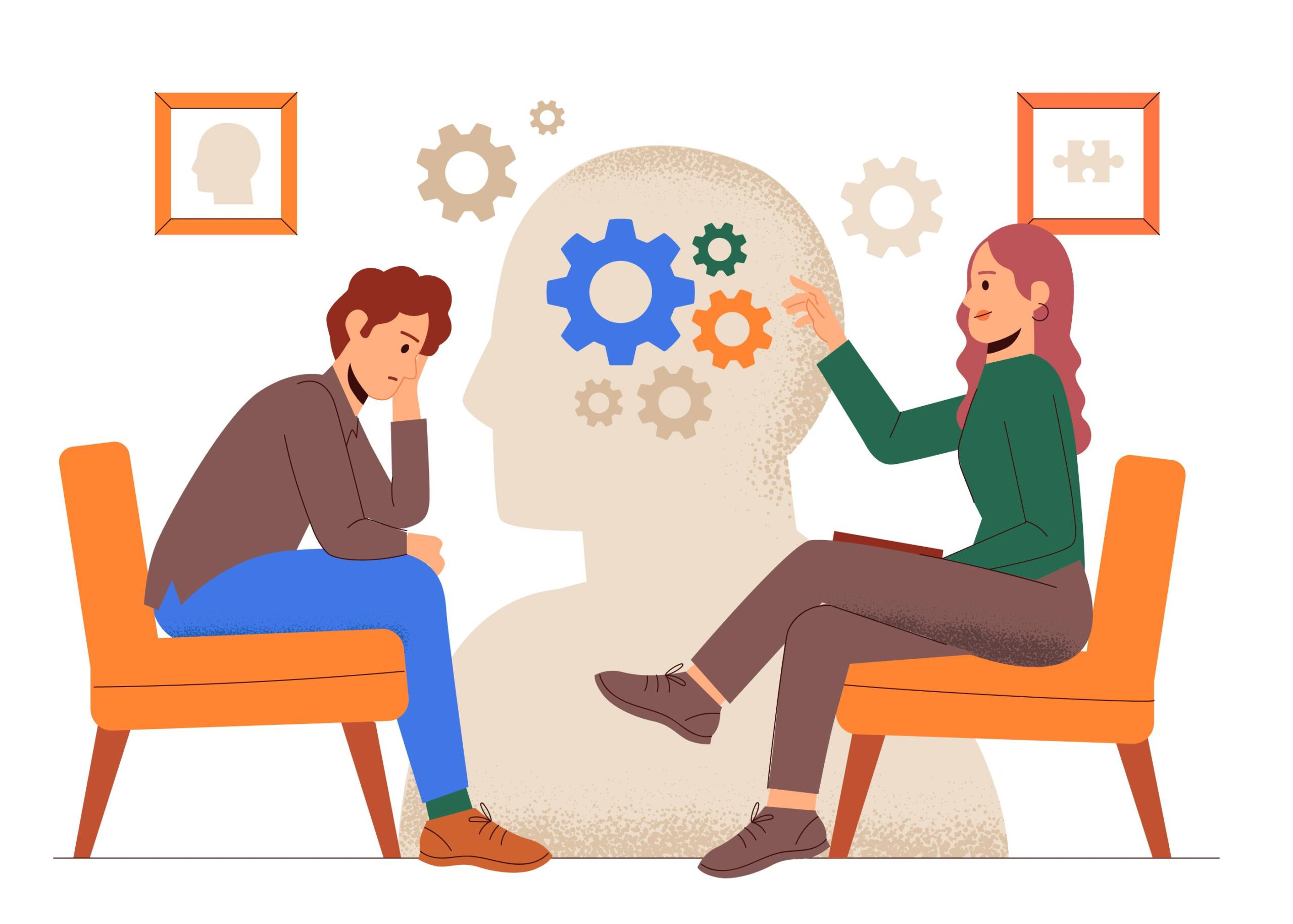Unlocking the Healing Power of Therapy: A Deep Dive into the Role of a Therapist

In a world filled with the complexities of modern life, from stress and anxiety to relationship issues and mental health challenges, therapists play a crucial role in helping individuals navigate their emotional and psychological landscapes. The role of a therapist goes far beyond offering a listening ear; it involves providing support, guidance, and evidence-based strategies for personal growth and healing. In this blog post, we’ll explore the multifaceted world of therapy and the vital role that therapists play in our well-being.
The Therapist’s Role
- Creating a Safe and Non-Judgmental Space: One of the primary roles of a therapist is to create a safe and non-judgmental space for their clients. This safe environment allows clients to express their thoughts, feelings, and experiences without fear of criticism. In this trusting relationship, clients can explore their emotions, fears, and concerns.
- Active Listening and Empathy: Therapists are skilled in active listening, a practice that involves not just hearing but truly understanding what the client is saying. Empathy is a cornerstone of therapy, as therapists strive to understand and resonate with their clients’ experiences.
- Assessment and Diagnosis: In many cases, therapists provide clinical assessments and diagnoses for mental health conditions. This helps clients and their therapists better understand the underlying issues and tailor treatment plans accordingly.
- Treatment Planning: Once an issue is identified, therapists work collaboratively with their clients to develop a treatment plan. This plan can include various therapeutic modalities, such as cognitive-behavioral therapy (CBT), psychoanalysis, or mindfulness techniques.
- Providing Tools and Coping Strategies: Therapists equip their clients with a range of tools and coping strategies to manage their emotions and challenges. These tools can help individuals navigate stress, anxiety, depression, and other emotional struggles.
Types of Therapists
There are various types of therapists, each with their own specialties and areas of expertise. Some common types of therapists include:
- Psychologists: Psychologists are highly trained professionals who specialize in understanding human behavior and mental processes. They often provide talk therapy and use evidence-based techniques to help clients address a wide range of psychological issues.
- Psychiatrists: Psychiatrists are medical doctors who can prescribe medication for mental health conditions. They often work in conjunction with therapists to provide comprehensive care.
- Social Workers: Licensed clinical social workers (LCSWs) provide therapy to individuals, couples, and families. They often work in diverse settings, including schools, hospitals, and private practices.
- Counselors: Counselors may have different specializations, such as marriage and family counseling or substance abuse counseling. They help clients navigate specific life challenges and relationships.
- Marriage and Family Therapists: These therapists specialize in helping couples and families address relational issues and improve communication.
The Therapeutic Process
Therapy is a collaborative process between the therapist and the client. Here’s a simplified overview of what to expect during therapy:
- Initial Assessment: The therapist conducts an initial assessment to understand the client’s concerns, goals, and history.
- Goal Setting: The client and therapist work together to set clear goals for therapy. These goals guide the treatment process.
- Therapy Sessions: Regular therapy sessions are scheduled, during which the client discusses their thoughts, feelings, and challenges.
- Homework and Practice: Therapists often provide homework assignments or exercises for clients to practice between sessions, helping them apply what they’ve learned.
- Progress Evaluation: Over time, the therapist and client evaluate progress toward the established goals and make necessary adjustments to the treatment plan.
- Termination and Aftercare: When the client and therapist agree that the treatment goals have been met, therapy may be terminated. Clients may continue with aftercare plans or periodic check-ins as needed.
The Benefits of Therapy
Therapy offers numerous benefits, including:
- Improved Mental Health: Therapy can alleviate symptoms of anxiety, depression, and other mental health conditions.
- Enhanced Coping Skills: Clients learn valuable coping strategies to navigate life’s challenges.
- Stronger Relationships: Therapy can improve communication, conflict resolution, and understanding within relationships.
- Personal Growth: Clients often experience personal growth, increased self-awareness, and a greater sense of purpose.
- Emotional Resilience: Therapy helps individuals build emotional resilience and handle stress more effectively.
Therapists are compassionate, well-trained professionals who play a vital role in our society by helping individuals lead healthier and happier lives. Whether you’re facing mental health challenges, relationship difficulties, or simply want to grow as a person, a therapist can be your guide on this journey to self-discovery and healing. Therapy is a safe and supportive space where you can explore your thoughts, feelings, and experiences, and work towards a better, more fulfilling life.
Tags: NDIS Occupational Therapist, Occupational Therapists, Speech Pathologist, Therapist